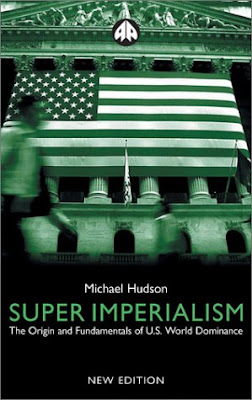 CounterPunch | As expected, the G-20 Economic Summit in Washington turned out to be a total bust. None of the problems which have pushed the global economy to the brink of disaster were resolved and none of the main players who gamed the system with their toxic securities was held accountable. Instead, the visiting dignitaries settled on a toothless "Statement on Financial Markets" which accomplished absolutely nothing. The one noteworthy clause in the entire document is a two paragraph indictment of the United States as the perpetrator of the financial crisis. At least they got that right.
CounterPunch | As expected, the G-20 Economic Summit in Washington turned out to be a total bust. None of the problems which have pushed the global economy to the brink of disaster were resolved and none of the main players who gamed the system with their toxic securities was held accountable. Instead, the visiting dignitaries settled on a toothless "Statement on Financial Markets" which accomplished absolutely nothing. The one noteworthy clause in the entire document is a two paragraph indictment of the United States as the perpetrator of the financial crisis. At least they got that right.The world doesn't need a new Breton Woods or a new world order; it needs a competing vision of global finance. One that will put an end to dollar tyranny, superpower politics and "beggar thy neighbor" economic policies. A system that strengthens national sovereignty, cooperation, and international law. That's what the G 20 should have been talking about, instead of wasting their time trying to prop up a system that's rotten to the core.


















